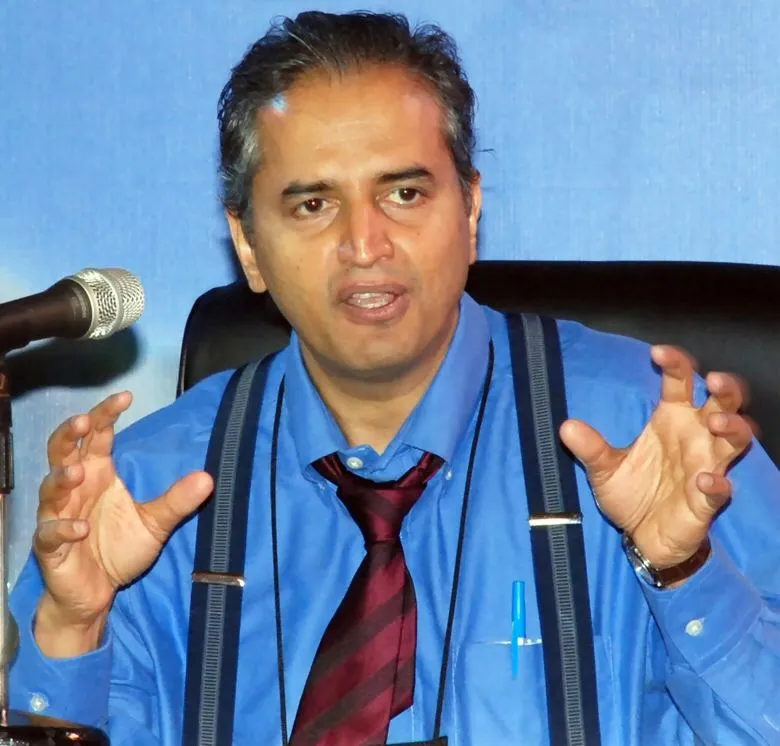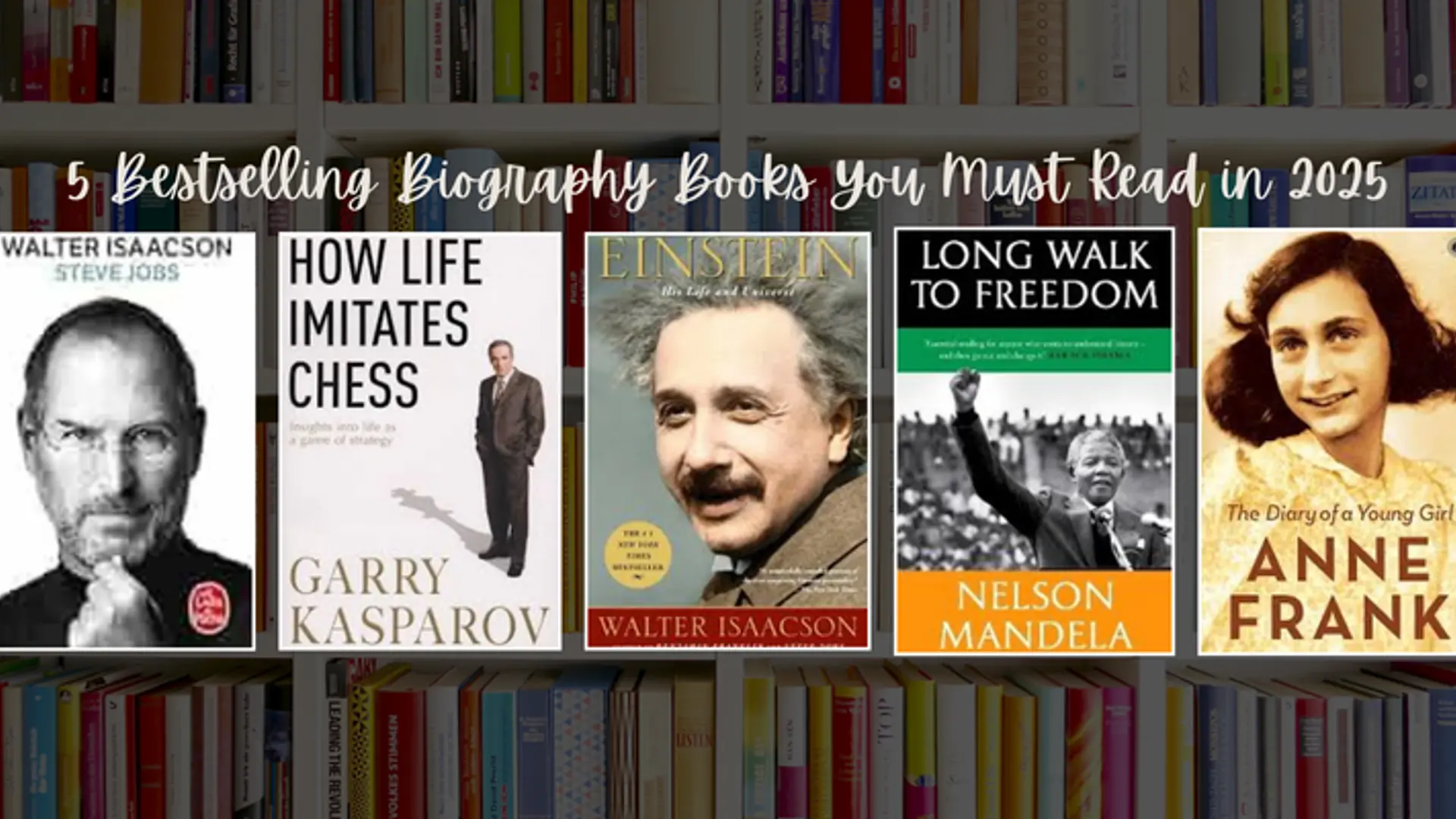Answer to Price Tag on Lives – Dr. Devi Shetty, Padma Bhushan Awardee at Vista 2012, IIM Bangalore

“I see 60-80 patients every day. All of them are babies sitting on their mothers’ laps. I tell the mothers that their child has a hole in the heart and the child needs to be operated on. And the mothers have only one thing to ask me – How much would it cost? I put a price on lives. That’s exactly what I do every day – putting a price tag on lives,” saying so Dr. Devi Shetty, Padma Bhushan Awardee 2012 began his speech at ‘Vista 2012, theinternational Business Summit organised by IIM Bangalore’ in the article. organised by IIM Bangalore from 28 to 30 September 2012.Dr Devi Prasad Shetty, Chairman of Narayana Hrudayalaya, who has been honoured with the Padma Bhushan award in 2012, is already a recipient of Padma Shri, awarded in 2004. He has awarded the Padma Bhushan award for his outstanding work in the field of medicine by providing affordable healthcare especially heart surgeries at one-tenth of its cost in the United States of America. I had the opportunity to hear his speech and also talk to him after his speech. Here are the excerpts of the speech and my conversation with him.
Current State of Health Care in India
• 47% of the rural population and 37% of the urban population sell their assets or borrow money to pay for their medical bills.
• 2.5 million heart surgeries are required to be done in a year yet only 95,000 surgeries are done every year.
Unfortunately tax payers money can no longer pay for the health cost of the entire population. This was possible only 20 years ago. Now people retire at 60 years of age and live to celebrate their 90th birthday. With citizens now living for 30 years without any income, the need to relook at the health system in place becomes essential. 40 million people are covered under the ESI scheme in the organized sector whereas the 400 million people in the unorganised sector really need healthcare. Indian hospitals are short of 2 million beds. The money spent on building hospitals with marble flooring and air-conditioned rooms will not subsidise the cost of heart surgeries. So how can the woes of these voiceless millions be addressed?
Answers for State Funded Health Care
Yeshasvini, the world’s cheapest micro-insurance scheme was started by Dr. Devi Shetty 10 years ago. Realising the potential of this scheme, the government of Karnataka decided to launch this all over the state. “Over the last 12 years I have been speaking to farmers on paying Rs.5 every month for a medical insurance that would make them eligible for all 1650 surgeries,” shared Dr. Devi Shetty. Currently, 4 million farmers are covered under this scheme in Karnataka. Learning from the success of this scheme in Karnataka, Andhra Pradesh and Tamil Nadu governments have also launched similar schemes.
Also, as a way to further subsidise surgeries, Dr. Devi Shetty and his team of doctors are working with L&T to launch a subsidized hospital in Mysore especially built in 6 months with just 6 million rupees including equipment and 300 beds. Since central air conditioning does not prevent infection, this hospital will not be air conditioned. It is fresh air and ample supply of sunlight that keeps infection away. Hence keeping in mind these factors, this hospital is being designed to provide good natural ventilation. The post surgery primary healthcare in this hospital will be provided by the spouse and not nurses. An audio-visual course with Stanford’s help has been designed to train the spouse.
Healthcare Industry’s Road ahead with ICT
“With more than 800 million mobile subscribers in India, if we can charge Rs.20 from the money they spend on their phone calls, health care can be covered for all,” suggests Dr. Devi Shetty. In another 5 years, special software will be used for smarter diagnosis and in 10 years’ time, it would become a legal requirement to use software for correct diagnosis. The entire health care system will be driven by Information & Communication Technologies (ICT). Mobile phone will be the primary healthcare vehicle becoming ECG, X-ray and other diagnostic machines for doctors and healthcare workers on the move. Government will primarily be a regulatory agency and not a funding agency.
Want to know more about the work Dr. Devi Shetty does at Narayana Hrudayalaya? Take a look at Narayana Hrudayalaya’s website







